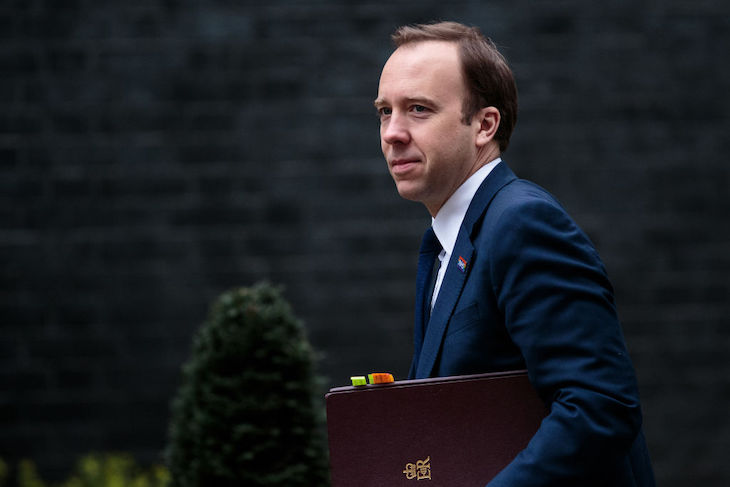On the subject of MPs who hope Boris Johnson might give them a job, Matt Hancock was before the Health Select Committee this afternoon, where he ended up taking a fair bit of flak for what the current government hasn’t done, and what the next administration might do. After his own failed leadership bid, the Health and Social Care Secretary backed Johnson, which made for a very awkward section in today’s hearing about the sugar tax.
Hancock was repeatedly pressed on Johnson’s pledge to review ‘sin taxes’, including the one on sugary drinks, and he repeatedly answered that the most important thing was to look at the evidence behind the policy. That he hadn’t yet seen much evidence up to this point was a convenient inconvenience, as it meant he didn’t have to reach a firmer conclusion about whether the tax was achieving its aims. In fact, he didn’t even really want to engage with questions from Committee chair Dr Sarah Wollaston about what he saw the main aim of the sugar tax as being. Was it to reduce childhood obesity and other health problems including admission to hospital for rotten teeth to be removed? Or was it increased revenues from the levy?
At least Hancock had a reasonable excuse for being vague, which is that there is about to be a new prime minister, who is likely to make very different decisions to the ones taken by Theresa May. His bigger problem was actually regarding a decision May hadn’t taken at all, which was on social care. Labour’s Ben Bradshaw gave Hancock a justifiably angry lecture about the government’s failure to even publish a green paper on the matter, asking him ‘why don’t you just do it?’ Bradshaw is right to be exasperated: green papers are merely consultative documents which show that the government is working on something, without committing it to doing anything.
Hancock’s justification was that ‘we haven’t been able to find the way through in a way that would get the sort of cross-party support that is hugely helpful for projects like this’, and that the matter ‘hasn’t been helped by the nature of the wider political debate’. He said that in his engagement with the Labour front bench, he hadn’t been able to find sufficient enthusiasm for collaboration. This isn’t just the Tories’ fault, by the way: I understand that Labour’s shadow social care secretary Barbara Keeley has been reluctant to work with the government on reforms, as she thinks it would be wrong for the party to be seen to be helping the Tories. For the Tories’ part, they privately concluded some time ago that cross-party working wouldn’t get them very far, anyway, as reform will inevitably involve decisions about personal wealth, inheritance and the size of the state that Labour and the Conservatives disagree deeply over. But there are backbenchers from all the main parties who are keen to co-operate with the government. It’s just that the government hasn’t really been in touch with them.
The current green paper is sitting on Hancock’s desk in his department, and has been since the autumn. It may never get published if Johnson decides to develop a different policy. Or it may never get published because the next government will end up putting the matter off once again, before running out of time, as has happened for the May administration.







Comments